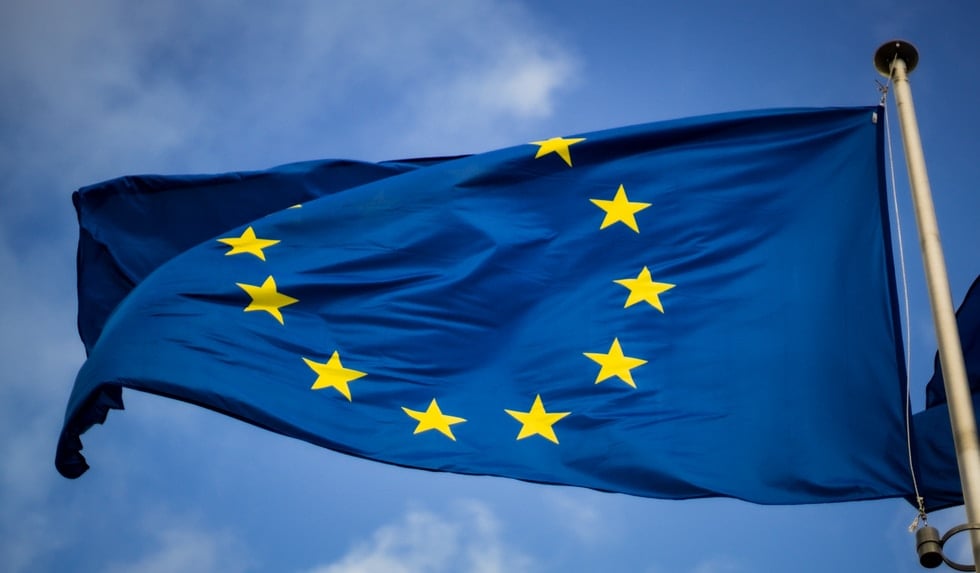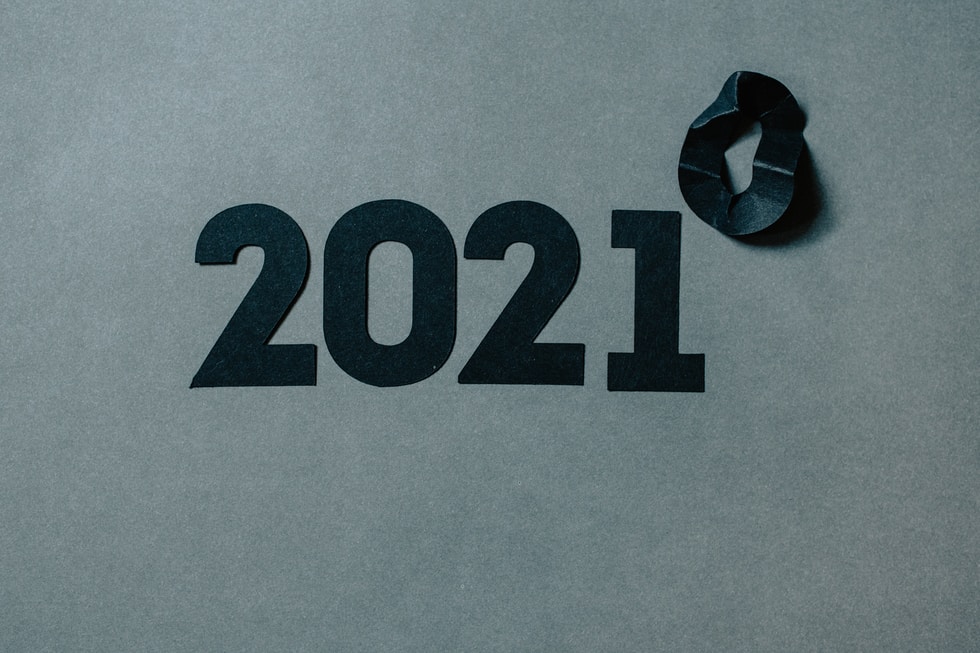„Aktuell haben wir die Chance in Europa, die Basis für die nächste Stufe der Digitalisierung zu legen.“
Es ist mal wieder so weit – das Jahr nähert sich dem Ende. Noch ein Jahr Pandemie, indem auch die Digitalisierung weiter im Fokus stand. Auch vor der Finanzbranche hat dies nicht haltgemacht und wir haben weiter starke Veränderungen und Dynamiken gesehen.
Vor einigen Jahren, in den Anfängen der FinTech-Bewegung, sagte mir einmal ein CEO einer großen Bank: “Spannende Modelle habt Ihr alle, aber an die echten Profit-Pools lassen wir euch nicht ran.” Ich habe damals schon in Gedanken ein “noch” ergänzt und mein Gefühl ist, dass wir nun im Jahr 2021 im “noch” angekommen sind.
Stripe ist beeindruckend
FinTech ist nun ja bereits lange aus den Kinderschuhen rausgewachsen und wir sehen wirklich große Unternehmen mit nachhaltigen Geschäftsmodellen und auch weiterhin schnell wachsende Startups, die im Scale Modus sind.
Am beeindruckendsten finde ich dabei ein Unternehmen: Stripe! Wie aus der Idee Kreditkartenzahlungen für Entwickler easy einzubinden und einem kleinen Payment Service Provider, binnen weniger Jahre ein globaler Star wurde, ist beeindruckend. Und dabei sind der Tech Fokus und die smarte Partnerstrategie sicher zwei wesentliche Erfolgsfaktoren, die von der Gründung bis heute wichtige Werte zu sein scheinen.

Krypto und digitale Assets sind im Mainstream angekommen
Wenn ich nur auf das Jahr 2021 zurückschaue, dann ist die Dynamik, in der digitale Assets und Cryptowerte in den Mainstream gekommen sind, meine größte Überraschung. War 2020 das Neobroker Thema, so würde ich 2021 unter diesen Stern stellen. Auch aus dem deutschsprachigen Raum sind dabei sehr erfolgversprechende Unternehmen wie Bitpanda oder NURI entstanden und gewachsen. Aber auch auf der eher unsichtbaren Infrastrukturebene gibt es sehr vielversprechende Unternehmen. Auch der Start von Coinbase – einem der größten Crypto Unternehmen weltweit – in Deutschland und die dabei zum ersten Mal erteilte Lizenz zum Halten von Crypto Assets, werden wir sicher als Meilenstein in der FinTech Geschichte vermerken können.
Generell ist dabei die europäische und speziell deutsche Vorreiterrolle im Bereich der Regulierung von digitalen Assets herauszuheben. Die Angst, die anfänglich aus dem Markt zu vernehmen war, dass Unternehmen dadurch einen Bogen um Deutschland und die EU machen würden, hat sich nicht bewahrheitet.

Im Gegenteil, es scheint so zu sein, dass eine Reihe der auf breiten Wachstum ausgerichteten Unternehmen, einen rechtssicheren Rahmen für ihr Business suchen und schätzen. Im Details sind wir mit der Krypto-Verwahrverordnung (KWG), dem elektronischen Wertpapier (eWpG), der anstehenden Krypto-Transferverordung und bald mit der MiCAR (Markets in Crypto Assets Regulation) in Europa in der Hinsicht anderen Regionen weit voraus.
Noch immer keine gute API-Infrastruktur
Mich persönlich interessiert darüber hinaus weiterhin das Geschehen rund um Open-Banking und PSD2 sehr stark. Dabei ist mir aufgefallen, dass wir auch zwei Jahre nach Einführung der PSD2 keine flächendeckende, gute API Infrastruktur in Deutschland haben.
Dennoch und zum Glück sehen wir aber überall in Europa Unternehmen entstehen, die Open Banking als Element in ihren Produkten haben. Aus dem Produkt Open-Banking wird damit mehr und mehr das Feature. Egal ob als Payment Instrument oder als Datenquelle für Buchhaltung, Kredit-Scoring oder On-Boarding. Schön zu sehen, dass wir diese Entwicklung mit figo und unseren Bankathon bereits seit 2014 aktiv gefördert haben.
Europa versteht Themen als Gesamtheit – und setzt Zeichen
Europa als Vorreiter habe ich damit direkt und indirekt bereits zweimal erwähnt – sowohl im Open Banking als auch bei digitalen Assets war und ist dies der Fall. Auffällig ist aber, dass die EU digitale Themen mehr und mehr als Gesamtheit – oder auch Ökosystem versteht. Anzeichen dafür sind für mich drei weitere Initiativen, die weiter gedacht in die Banking- und Payment Welt gehören:
- Die Bestrebung rund um eine gemeinsame ID Infrastruktur auf Basis von SSI, was zum Gedanken der GDPR, dem DMA und der Selbstsouveränität der Bürger passt
- Aktivitäten rund um ein neues Payment Scheme mit dem Arbeitstitel EPI und der Bestrebung vorhandene Rails für ein europäisches Scheme zu nutzen
- Und auch die konkreter werdende Bestrebungen wirklich digitalisiertes Geld in Form eines D-Euro an Bürger zu geben
All dies sind aus meiner Sicht gute und sinnvolle Bestrebungen, die als Einheit gedacht und vorangetrieben werden müssen. Aktuell haben wir die Chance in Europa, die Basis für die nächste Stufe der Digitalisierung zu legen. Die ersten Stufen haben wir anderen Regionen überlassen. Es ist an der Zeit diesen Fehler auszugleichen.

Ich freue mich auf die kommenden Jahre, immer mit dem Wissen, dass weiterhin viel passieren wird, was wir gerade (noch) nicht sehen.




